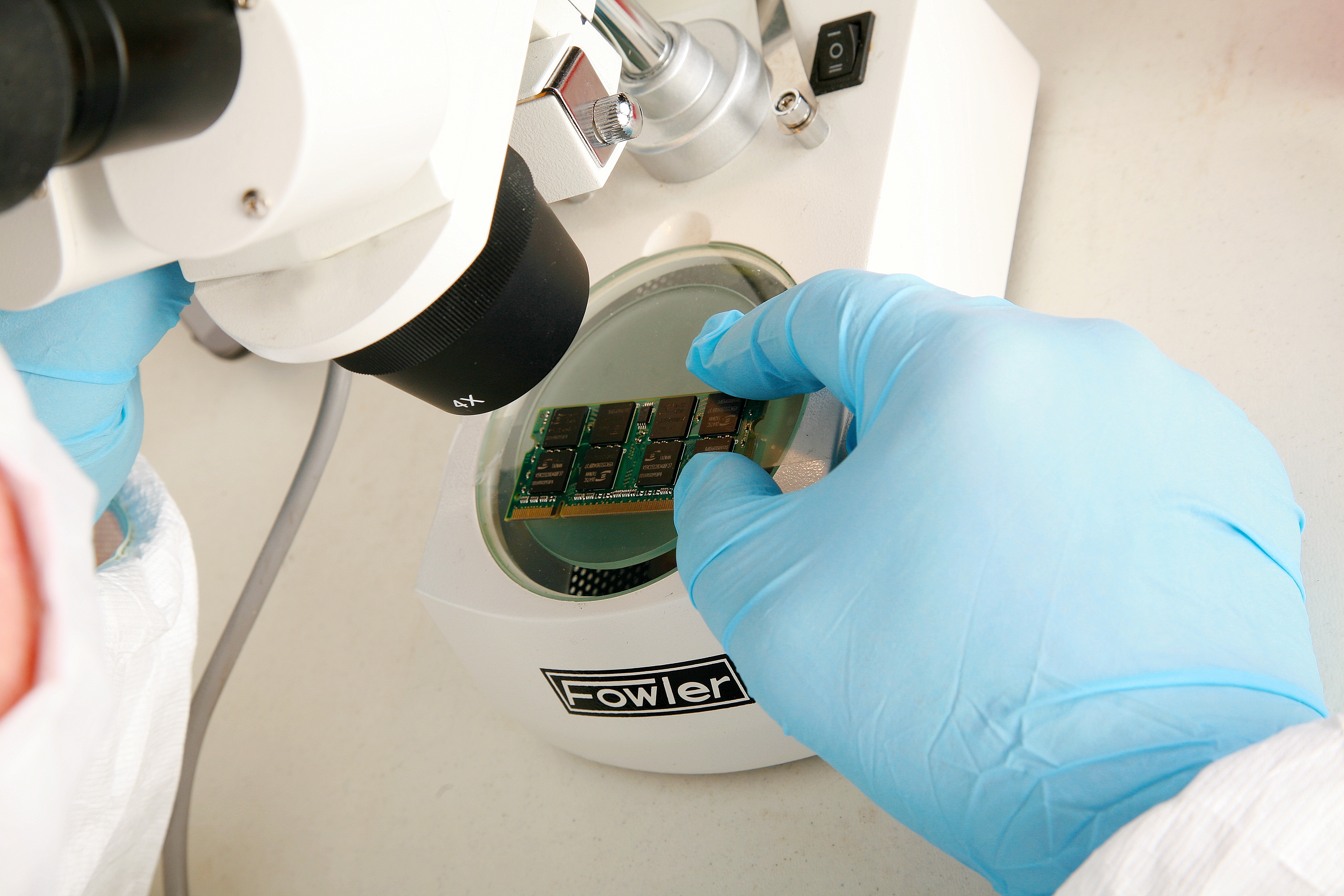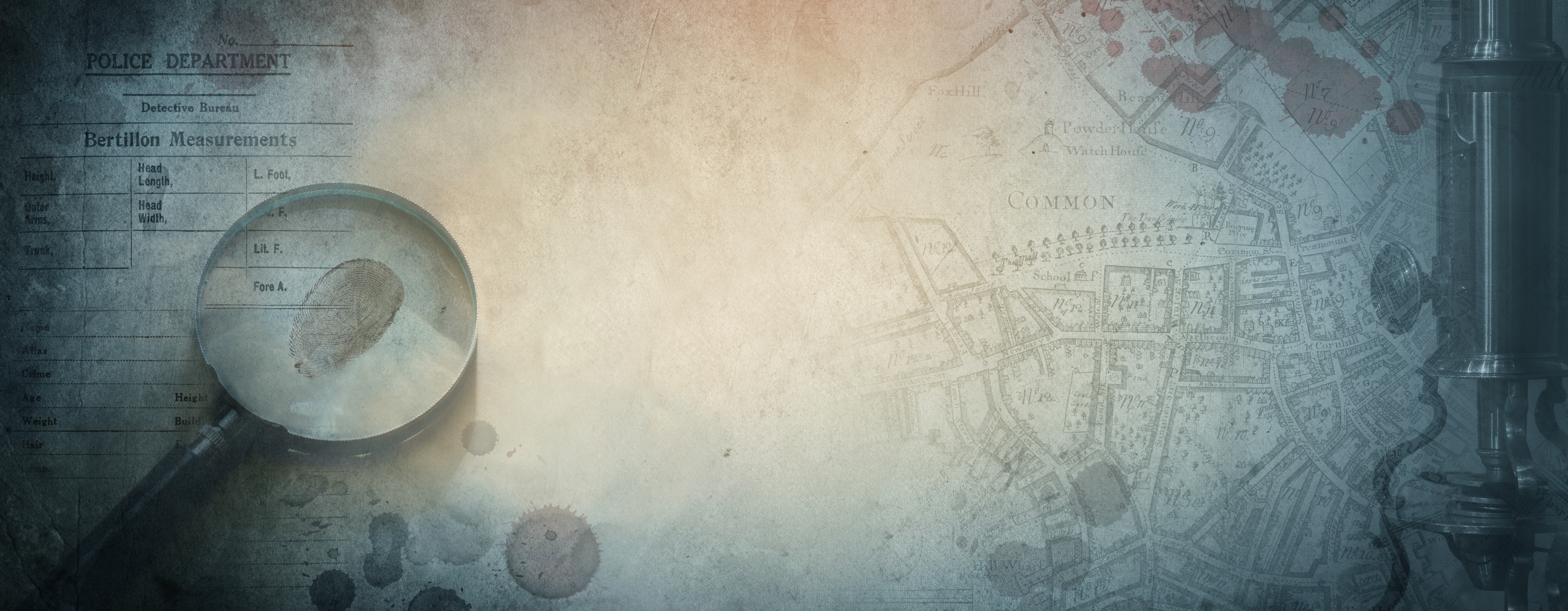Forensic engineering is a field where precision, objectivity, and integrity matter immensely. Understanding engineering ethics in forensic work ensures accurate analyses and legal defensibility. At Clarksean and Associates, we uphold rigorous ethical standards, serving Minnesota and nationwide clients with trusted forensic investigations.
The Importance of Ethics in Forensic Engineering
Why Ethics Matter
- Accuracy: Ethical practices prevent biased conclusions.
- Legal Compliance: Courts rely on expert testimony grounded in ethics.
- Professional Integrity: Maintaining credibility protects the profession and clients.
Common Ethical Challenges
Conflict of Interest
- Occurs when personal or financial interests influence analysis.
- Prevention: Disclose potential conflicts and maintain transparency.
Bias or Prejudgment
- Preconceived assumptions can skew results.
- Prevention: Follow systematic methodologies and peer reviews.
Confidentiality Breaches
- Sharing sensitive client or case data is unethical.
- Prevention: Implement strict data protection protocols.
Ethical Guidelines and Best Practices
Adhering to Professional Codes
- Follow standards from the National Society of Professional Engineers (NSPE) and relevant forensic organizations.
- Regular training ensures compliance with evolving standards.
Documentation and Transparency
- Keep detailed records of tests, observations, and assumptions.
- Transparent reporting prevents disputes and strengthens legal cases.
Peer Review and Accountability
- Use independent review to verify findings.
- Encourages objectivity and reduces the risk of error.
Real-World Forensic Ethics Scenarios
Construction Failure Analysis
- Engineers must evaluate structural failures without favoring the hiring party.
- Ethical analysis helps courts and insurers reach fair conclusions.
Product Liability Cases
- Experts provide unbiased evaluations on mechanical or electrical product failures.
- Ethical lapses could invalidate testimony or compromise outcomes.
Minnesota Example
- Clarksean and Associates conducted a forensic investigation for a roofing collapse in Perham, MN. Ethical adherence ensured litigation settled fairly, avoiding drawn-out court disputes.
How Ethical Forensic Work Protects Clients
Legal Safeguards
- Courts accept expert reports that follow ethical protocols.
- Minimizes exposure to liability claims.
Financial Benefits
- Accurate, unbiased analysis can prevent unnecessary costs.
- Avoids litigation or damages resulting from flawed conclusions.
Professional Reputation
- Ethical experts enhance trust with clients, attorneys, and courts.
- Leads to repeat business and referrals nationwide.
FAQ Section
Q1: Why is engineering ethics critical in forensic work?
Ethics ensures unbiased analysis, legal defensibility, and professional integrity.
Q2: How do conflicts of interest impact forensic engineering?
Undisclosed conflicts can bias findings, reducing credibility in court.
Q3: Can Clarksean and Associates handle national forensic cases?
Yes. Our team serves clients in Minnesota and nationwide, adhering to strict ethical standards.
Q4: How do you maintain confidentiality in investigations?
All client information is securely stored, with access limited to authorized personnel.
Q5: What happens if ethical guidelines are violated?
Violations can lead to invalid testimony, legal consequences, and professional sanctions.
Ensure your forensic investigation meets the highest ethical standards. Contact Clarksean and Associates for expert forensic engineering in Minnesota and nationwide.







